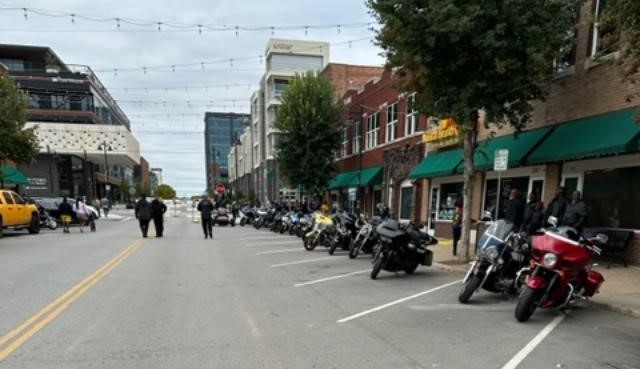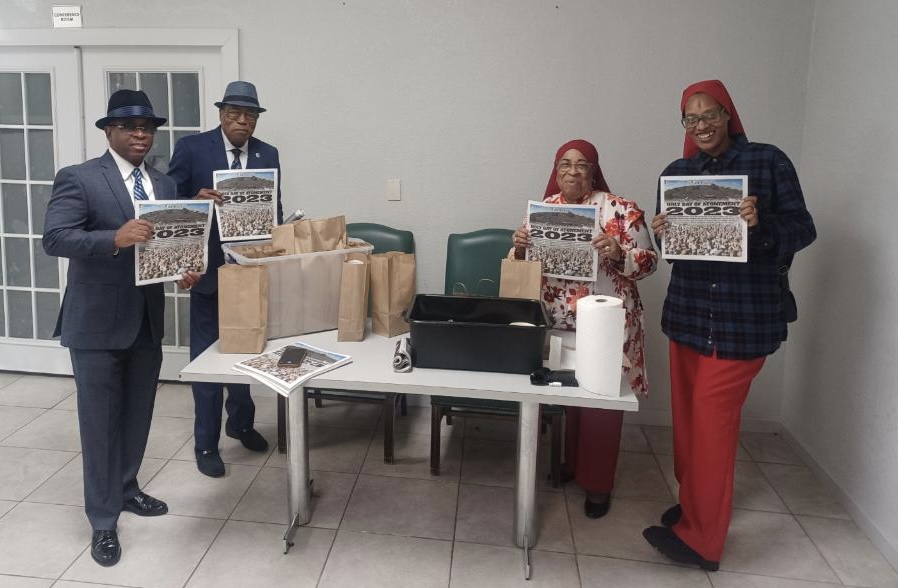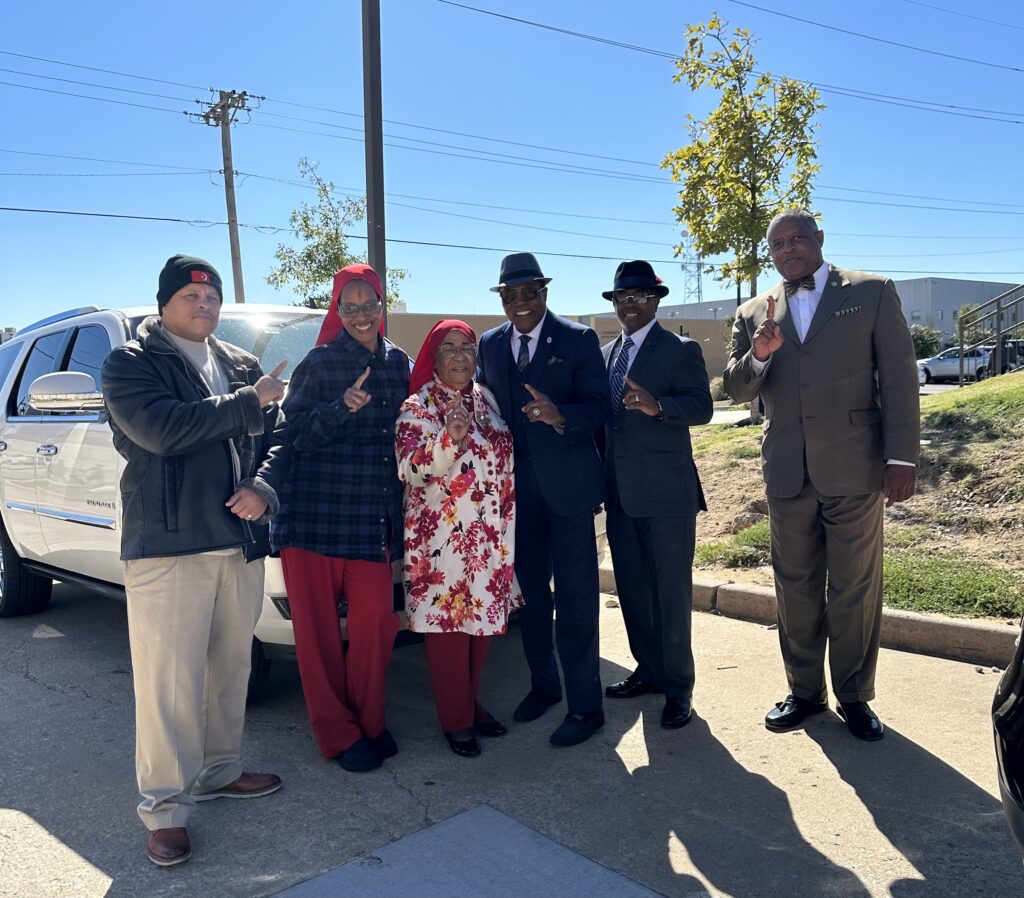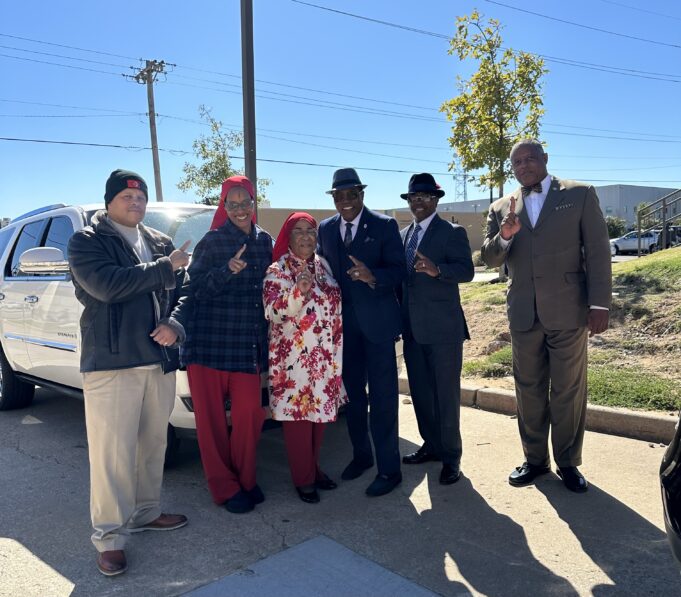Calling for a weekend of reflection, unity, and introspection, local leaders and community activists descended on Tulsa’s iconic Greenwood Avenue business district, to remember the 1995 Million Man March of Black men on Washington, D.C., and to preserve the spirit of Black Wall Street. The weekend of events was held October 13–16 and included local activities in commemoration of the historic gathering.
With observances also held in other locations across the country, Tulsa’s participants opened their weekend with a meet-and-greet, followed on Saturday, Oct. 14, by Black motorcycle clubs touring historically Black towns in and around the Tulsa area.
Events concluded on Sunday, Oct. 15, at the Greenwood Convention Center, to hear local presentations on the value of Black unity and closing with the national broadcast of a message by the Honorable Minister Louis Farrakhan’s national assistant, Student Minister Ishmael Muhammad. He delivered the keynote address: “Atonement and the Great War,” webcast live from Mosque Maryam in Chicago.
“Every speaker that came up was talking about atonement and reconciliation and our abilities if we unite as a people,” said Student Minister Jamal Ali Muhammad, the local coordinator of Muhammad Study Group of Tulsa, Oklahoma.
“The message was received very well from the audience, everybody was locked in. When they came in from outside, they were really interested in what was taking place on that screen, because what was taking place was powerful, it was actually grabbing them,” he said of the local presenters and the October 15 keynote message.
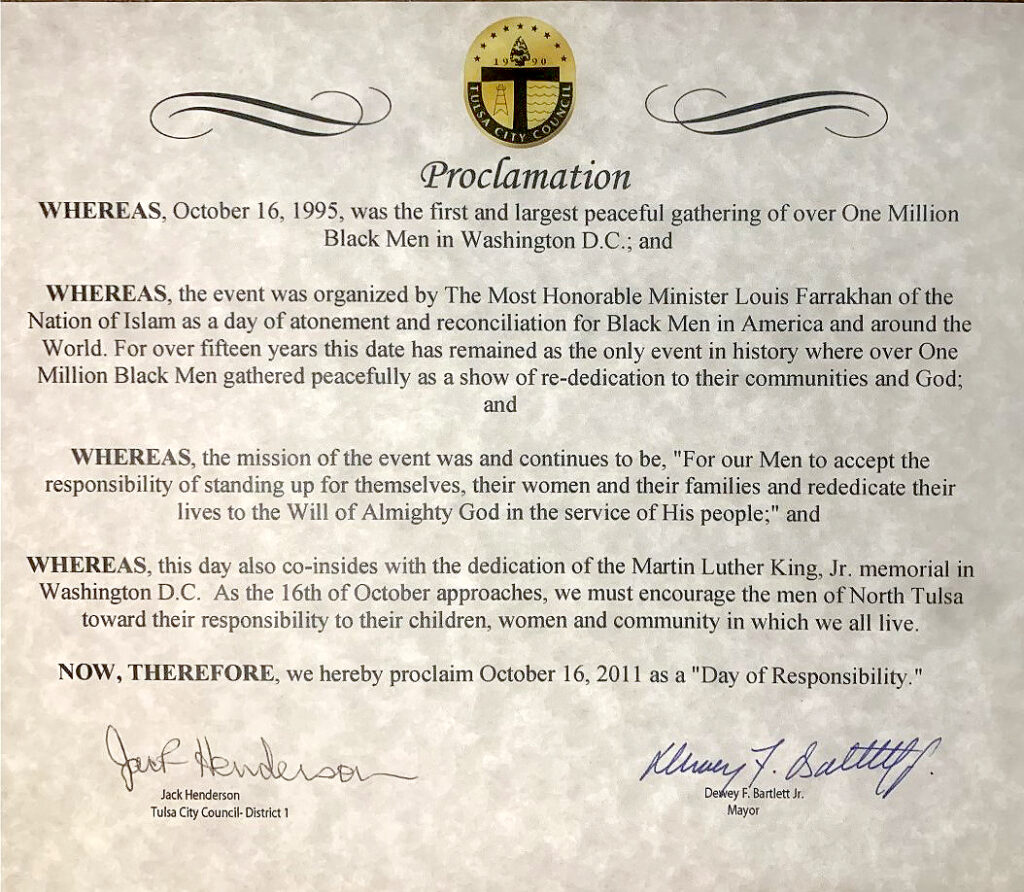
Student Minister Jamal Ali Muhammad also told The Final Call that Tulsa’s F.O.I. and M.G.T. (the men and women of the Nation of Islam) spent October 16, the 28th anniversary of the March, working to serve their community by delivering prepared meals to the homeless and by sharing words of love and encouragement with the people.
“We tried to take the example of the Honorable Minister Louis Farrakhan,” Student Minister Jamal Ali Muhammad explained. “When his (Minister Farrakhan’s) birthday came, he fed over 1,000 people (in Chicago). We remember that, so when our day of service came, we fed people as well. We didn’t pass 1,000, but we did what we could,” the student minister said. “We were very well received and we just wished we could do more.”
Through consistently promoting the “self-improvement,” and the “do-for-self” teaching of the Most Honorable Elijah Muhammad and Minister Farrakhan, the Nation of Islam’s Muhammad Study Group of Tulsa received an official recognition 12 years ago regarding the impact of Minister Farrakhan’s work.
In 2011, the city issued a proclamation recognizing October 16 as a “Day of Responsibility.” Members of the study group said that receiving the recognition those many years ago, made them reaffirm their commitment to serving the Tulsa community and the needs of its people.
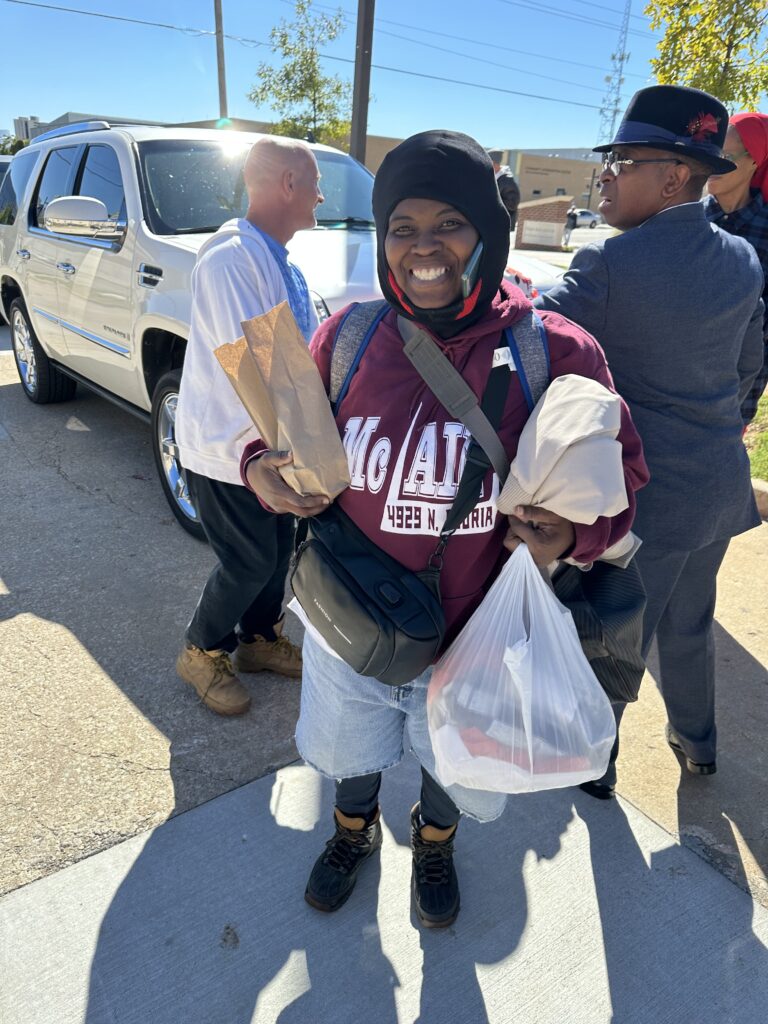
“We accomplished our goal this week and everybody was really excited about the success that we had and that was strictly through Allah (God),” said Student Minister Jamal Ali Muhammad. “The morale was just ‘off-the-chain,’ it was almost like Saviours’ Day. Some of our brothers and sisters came down from Oklahoma City and they helped us to serve the people. The Teachings of the Most Honorable Elijah Muhammad and the Honorable Minister Louis Farrakhan were on full display,” he said.
A ‘launching pad’ of a greater movement
Robert Mitchell, president of the Tulsa Bigwheel Motorcycle Club, told The Final Call that his organization has been in existence since 1977 and that it evolved from what was originally known as the Thunderbirds in the 1960s. As the third president of the current club, he said there is a unique culture that riders embody which builds unity through brotherhood, sisterhood, and the spirit of independence.
Stating how he worked with a local F.O.I., Brother Alvin Muhammad, who also rides, Mr. Mitchell said the weekend’s activities highlighted a level of cooperation that was both inviting and accommodating to other riders and clubs throughout the area.
“When I met up with (Alvin Muhammad), before going on the ‘Black Towns Ride,’ I realized that where I stood with helping him was while they were all (getting ready) to ride,” Mr. Mitchell said. “I went back down to Greenwood (Avenue) because we had no one down there to welcome the other riders that would come in while they were out (and) I knew how important success was for the organizations as far as the ride was concerned. That was my main goal—to be able to be a part of making it the success that it was.”
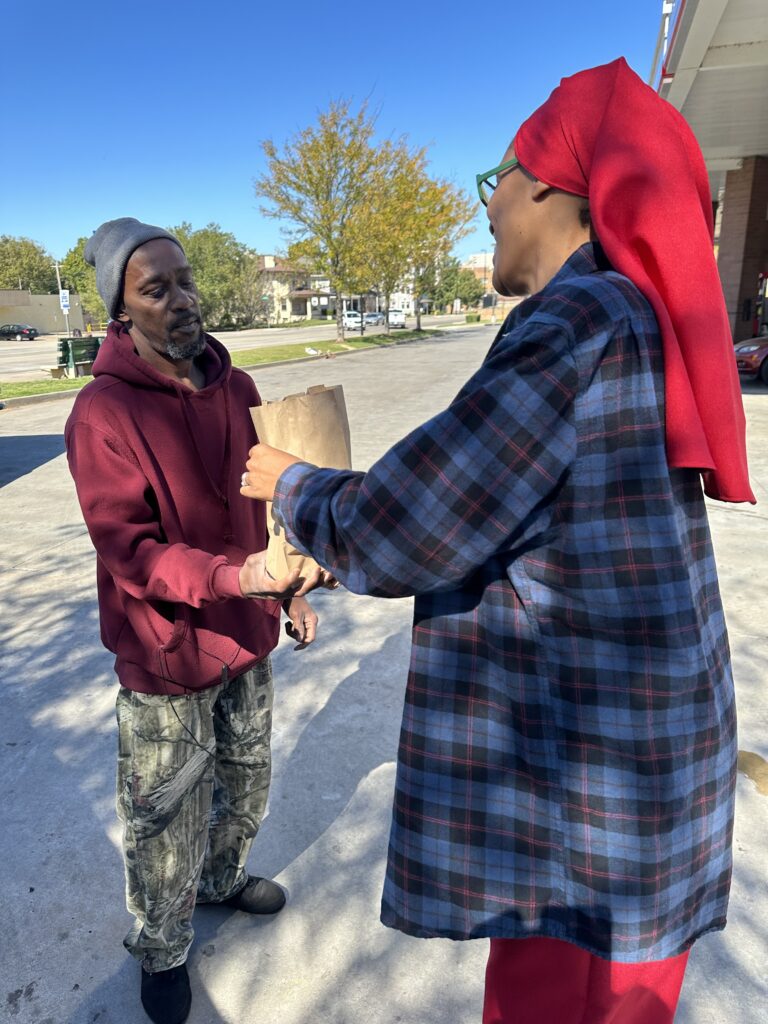
Brother Alvin Muhammad agreed. He told The Final Call that combining the Black Towns Ride with the 28th anniversary of the Million Man March and the Holy Day of Atonement, helped to make the weekend a great success and that he looked forward to working with the Tulsa Bigwheel Motorcycle Club to help make the combined effort into an annual Black Wall Street event.
“I studied a while back about how several of the first motorcycle clubs in Oakland and Los Angeles were very instrumental in helping their communities back in the 60s, the Black community in particular, to overcome the onslaught of drugs and unemployment,” Brother Alvin Muhammad explained. “I just felt that we have a lot of motorcycle clubs here in Tulsa, and in the State of Oklahoma, and I thought it would be important as we’re talking about atonement, building up our communities, and our families.”
Regarding other aspects of the local Holy Day of Atonement observances, Dr. Angela K. Chambers of TheGreenwoodBeat.com, WFPG, an internet radio station based in Tulsa, told The Final Call that the history of Black Wall Street is of vital importance and that the legacy of its builders must be preserved for the benefit of future generations.
“Black Wall Street was an area of Black entrepreneurs that thrived,” Dr. Chambers said. “They made certain that the community had the necessities that they needed, and not just their necessities because they had over 600 establishments in that area of Black Wall Street (including entertainment venues). So, they represented and took care of the community and it’s important for us to get to that place (again),” she explained.
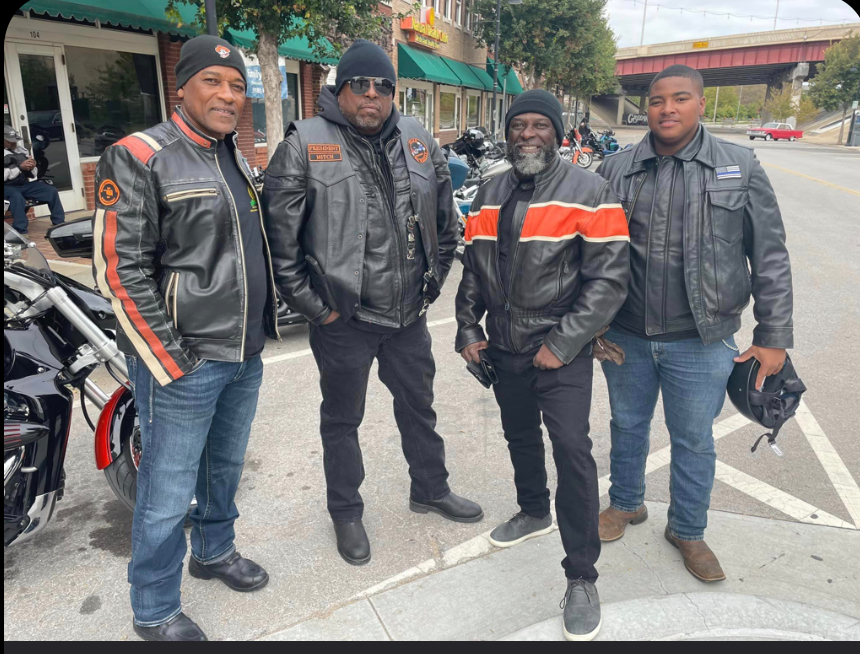
“We know the downfall of what happened that initially brought it down,” Dr. Chambers noted, “but then you also have to think about the desegregation that happened that made it harder for us to get back to that point where we were putting ourselves first.
We had unity, and we need that and we need to get back to make sure in this generation, that we instill that the killing of one another is not OK, that we must respect and honor each other’s lives, that we have to stand together,” she insisted. “We say the children are our future, but we’re losing too many of ‘our future.’”
Dr. Jennettie Marshall is an elected member of the Tulsa Public Schools Board of Education. Dr. Marshall told The Final Call that passing knowledge to the next generation of young people is extremely important, not only for the preservation of past information but also to allow youth to understand that what is happening to them today happened to their parents and grandparents yesterday.
“There is nothing new under the sun,” Dr. Marshall stated plainly. “Everything that’s going on now has happened before, and in order for you to bring a perspective in how to address today’s issues, you have to know what happened before, how it was dealt with, and learn from the mistakes in dealing with those issues. For Tulsa and in any other city, the significance of holding the commemoration of the Million Man March is that for too long, our men have not been front-and-center in the direction and in developing the narrative of our nation,” she said.
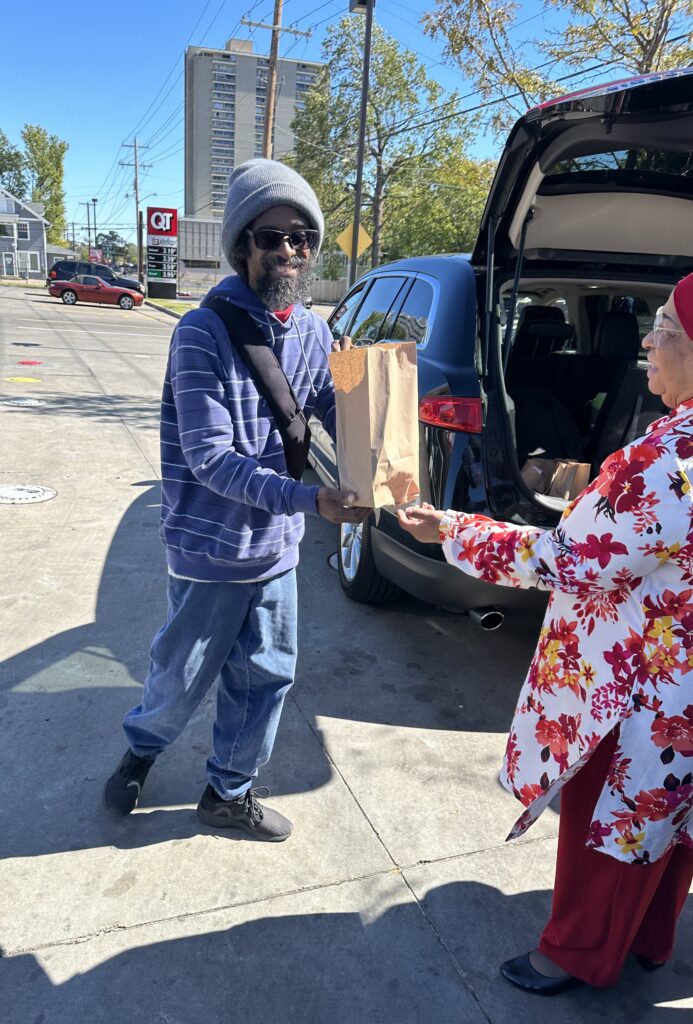
Stating that Black America has been undermined through misinformation and miseducation since the heyday of Black Wall Street in the 1920s, Dr. Marshall added that elevating the message of the Million Man March is as important today as it was in 1995.
“For us to go back and revisit that great march and the words of wisdom that came from it, hopefully, it will ignite the call to come and be present at the table and begin to be a part of changing the narrative in Tulsa and in any other city.
Our young men here and other places, they do not have a sense of direction, a sense of purpose,” Dr. Marshall continued. “That is why the school-to-prison pipeline is active, is growing, we’re taking money out of the coffers of education and placing it in the criminal justice realm.”
Student Minister Jamal Ali Muhammad described how the overall success of the weekend’s events was linked directly to the message of “Atonement, Reconciliation, and Responsibility.”
“Black unity is only guaranteed to us when we come together as Black people, unified to make a change in our community,” Student Minister Muhammad insisted. “The Honorable Minister Louis Farrakhan said: ‘Let us make our communities into safe and decent places to live,’ so if we do that, and stop depending on others, and stop looking to others, and stop waiting on others, to do for us what we could do for ourselves, everything that we see Caucasian people with, we need to set that up for our own selves. If our unity is that strong, we can come together and accomplish anything that we put our minds to.”
